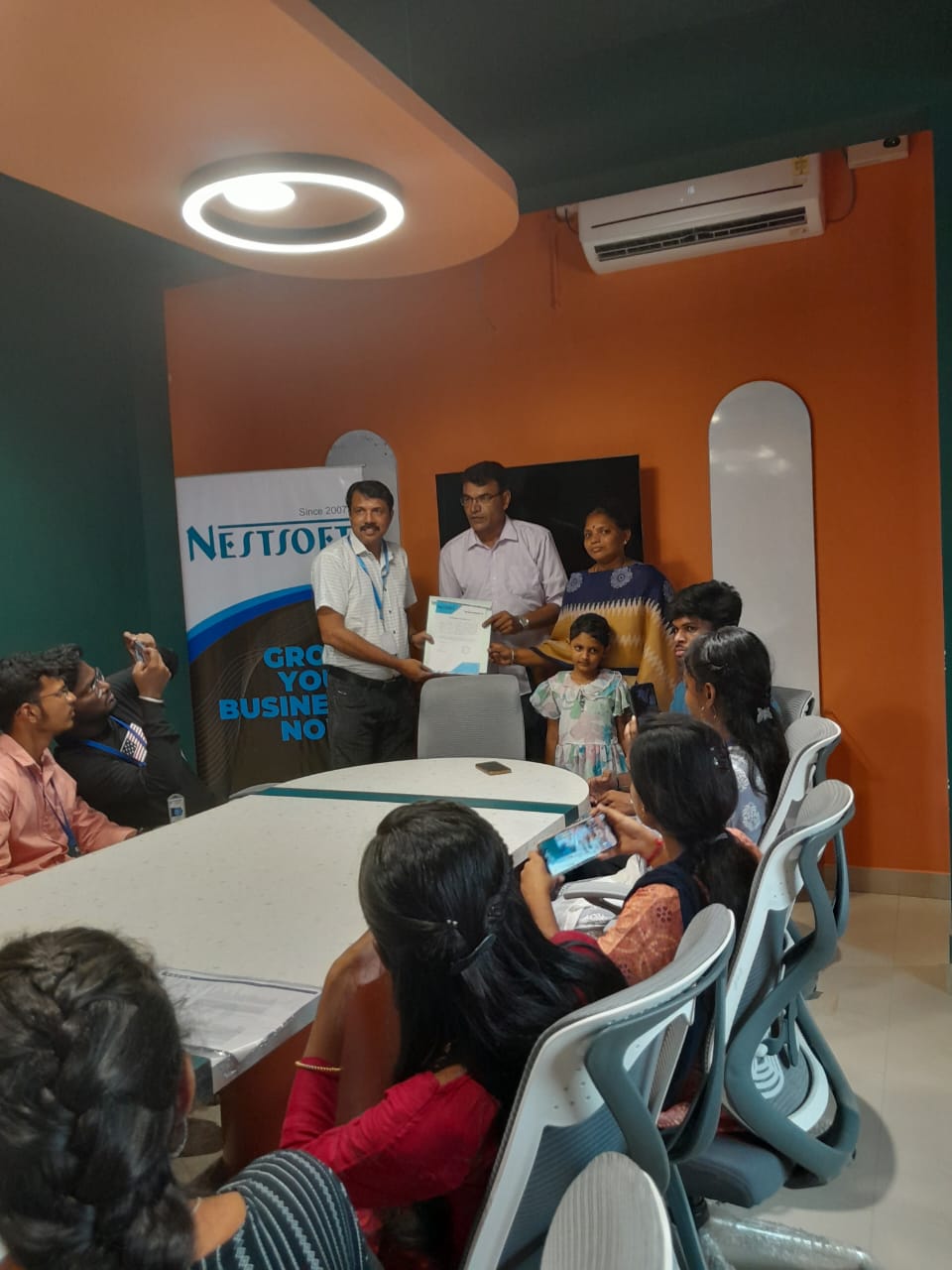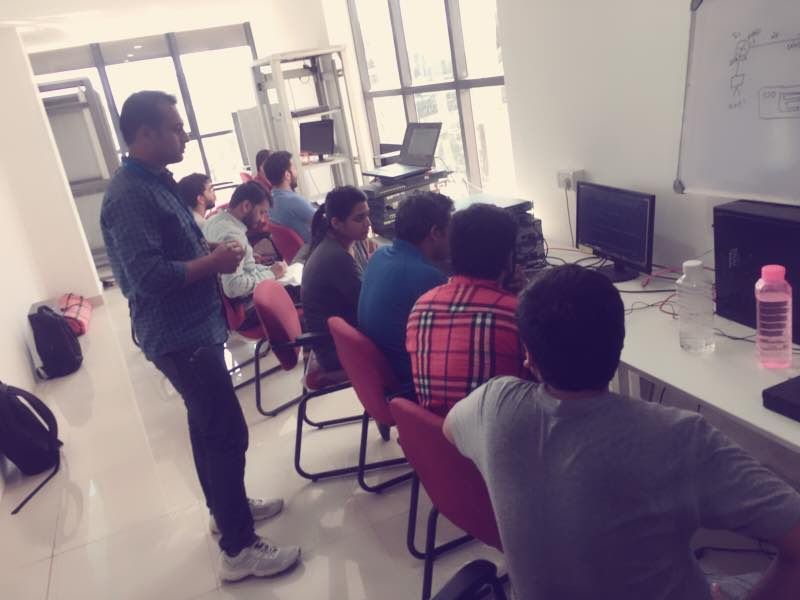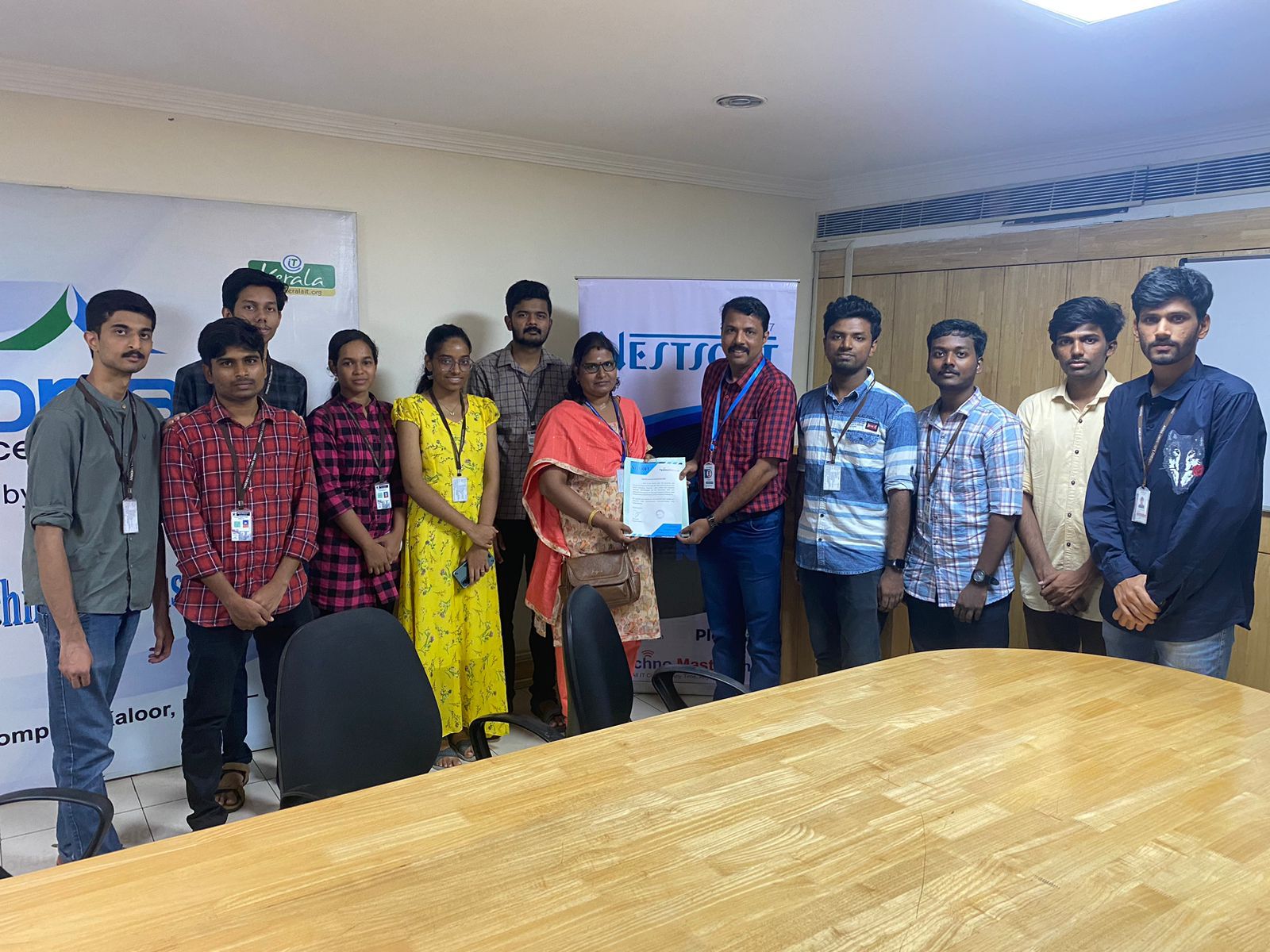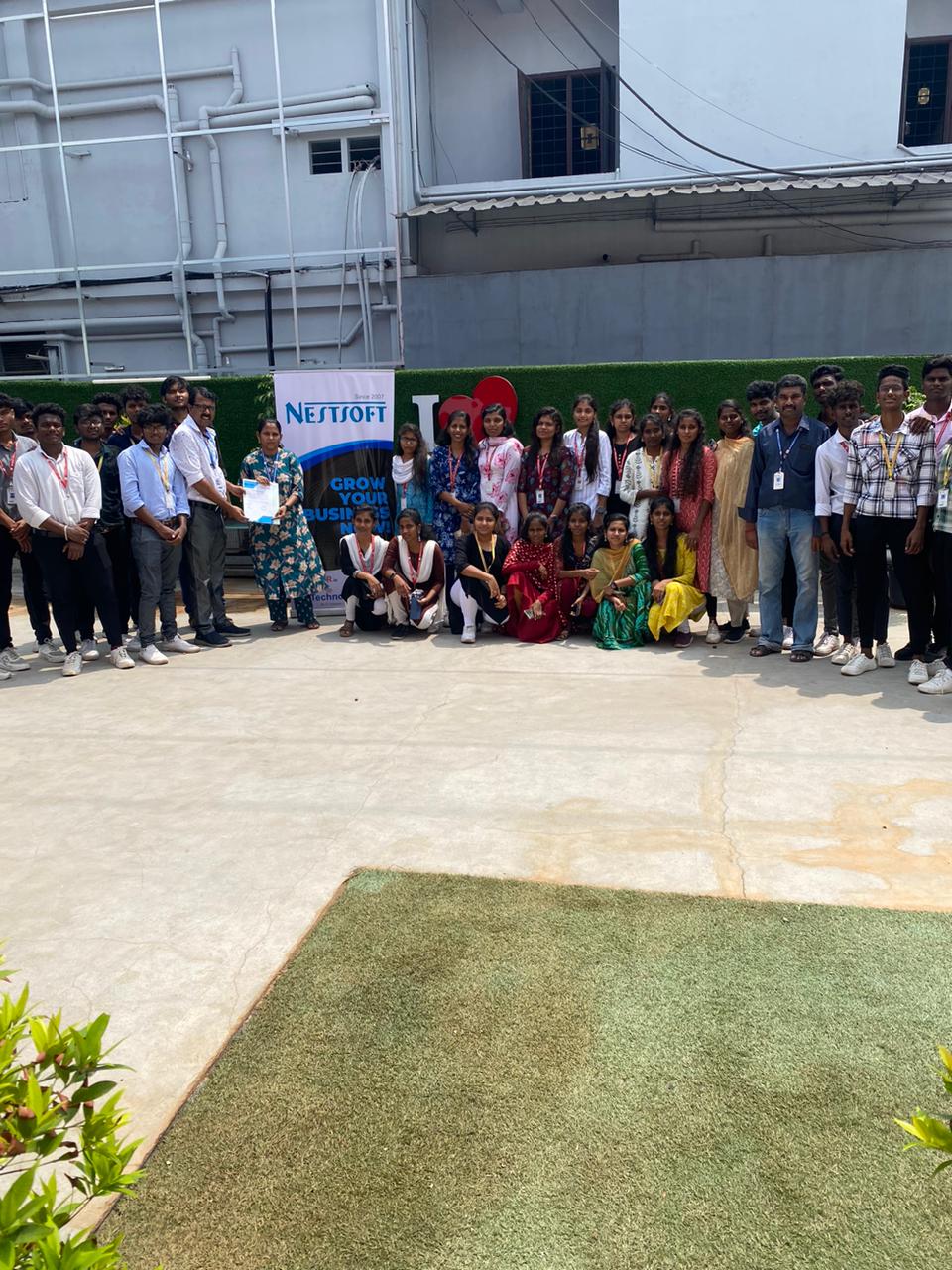System Administration Training by Experts
Our Training Process

System Administration - Syllabus, Fees & Duration
MODULE 1
- System administration introduction, policies, overview, UNIX history and basis
MODULE 2
- File systems and disks
MODULE 3
- Software installation concepts
MODULE 4
- Multi users basics, politics, policies and ethics
MODULE 5
- Automating administrative tasks
MODULE 6
- Networking
MODULE 7
- Backup and disaster recovery
MODULE 8
- DNS
MODULE 9
- SMTP, HTTP
MODULE 10
- Configuration management
MODULE 11
- Distributed computing
MODULE 12
- SNMP, monitoring
MODULE 13
- System security
This syllabus is not final and can be customized as per needs/updates





 Some people excel at determining the company's technology needs as information systems managers.
To digitally connect clusters of computers, they create local area networks (LANs) and wide-area networks (WANs). Information technology (IT) experts execute the work of systems administration for a company. Information security managers are given more duties when it comes to protecting sensitive data from hackers.
. Network architects have frequently experienced administrators who build data transmission systems from the ground up.
A system administrator's responsibilities include the following:
System administrators are in charge of managing, maintaining, and configuring commercial computer systems on a day-to-day basis.
All of the important components of the corporate computing infrastructure are managed by system administrators.
They are IT-savvy and can troubleshoot any technical issues that are causing the system to malfunction. It is their responsibility to ensure that computer systems and related services work smoothly.
Some people excel at determining the company's technology needs as information systems managers.
To digitally connect clusters of computers, they create local area networks (LANs) and wide-area networks (WANs). Information technology (IT) experts execute the work of systems administration for a company. Information security managers are given more duties when it comes to protecting sensitive data from hackers.
. Network architects have frequently experienced administrators who build data transmission systems from the ground up.
A system administrator's responsibilities include the following:
System administrators are in charge of managing, maintaining, and configuring commercial computer systems on a day-to-day basis.
All of the important components of the corporate computing infrastructure are managed by system administrators.
They are IT-savvy and can troubleshoot any technical issues that are causing the system to malfunction. It is their responsibility to ensure that computer systems and related services work smoothly.



















































































